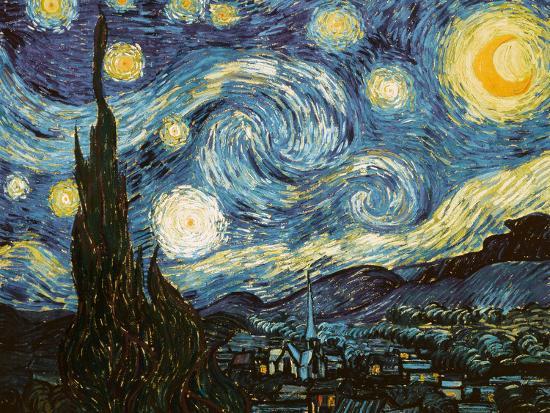"3-D print your way to freedom and prosperity" by Jathan Sadowski
"The maker movement embraces a kind of naively apolitical, techno-economic, capitalist utopia that thrives on individualistic value" (Sadowski). This quote has it's own section in this article and provides a strong mantra for the phenomenon that is 3-D printing. Jathan Sadowski, a Ph.D. student at Arizona State University, talks about the concept of 3-D printing and how versatile it can be. The article begins with comments made by Barack Obama a State of the Union address from 2013. "'Three-D printing [has] the potential to revolutionize the way we make almost everything,' he said." Sadowski agrees with this and brings up a lot of points about the benefits of 3-D printing, such as the ability to be creative, ease of accessibility, and individualism and power given to the entrepreneurial mind. However, Sawoski argues that these very benefits fit well into "the Californian Ideology". This theory suggests that high-tech entrepreneurs can bypass the regulations and systems that have been established. However, these systems would not be broken or disrupted, but would actually stay the same.
Sadowski makes another strong point about what dangers could be presented in easily-accessible 3-D printing. Since manufacturing regulations can be so easily disregarded when 3-D printing, dangerous products can be made. Sadowski writes about Cody Wilson, "a founder of Defense Distributed, [who] designed, prototyped, and posted plans for a working 3-D-printed plastic handgun he called the Liberator."
This article was written in 2014, when 3-D printing was still a very new concept and the potential for what could be created and which huge conglomerates could be toppled where boundless. However, the years have past and 3-D printing has slowly crept away from the mainstream media and dinner table conversations. The equipment needed to 3-D print a few years ago was still not consumer-friendly, but now you can buy 3-D printers for a few hundred dollars. Many schools around the United States have 3-D printers that are accessible to schools. I believe that the 3-D printing concept was always destined for small-scale usage. The flexibility to create whatever someone needs works best in a small-scale, because these products being printed do not have to go through the quality control that bigger manufacturers. I think the Californian Ideology did eventually come true, but under a different pretense. I think that the "system" was not impacted by 3-D printing because the bigger financial piece of the pie is the manufacturing of the 3-D printers, not so much the products being printed.
Source:
Sadowski, Jathan. "3-D print your way to freedom and prosperity." Al Jazeera, 17 May 2014, http://america.aljazeera.com/opinions/2014/5/3d-printing-politics.html.

 it's instantly recognizable, and I believe that is largely to do with the amount of language used to describe this painting.
it's instantly recognizable, and I believe that is largely to do with the amount of language used to describe this painting.